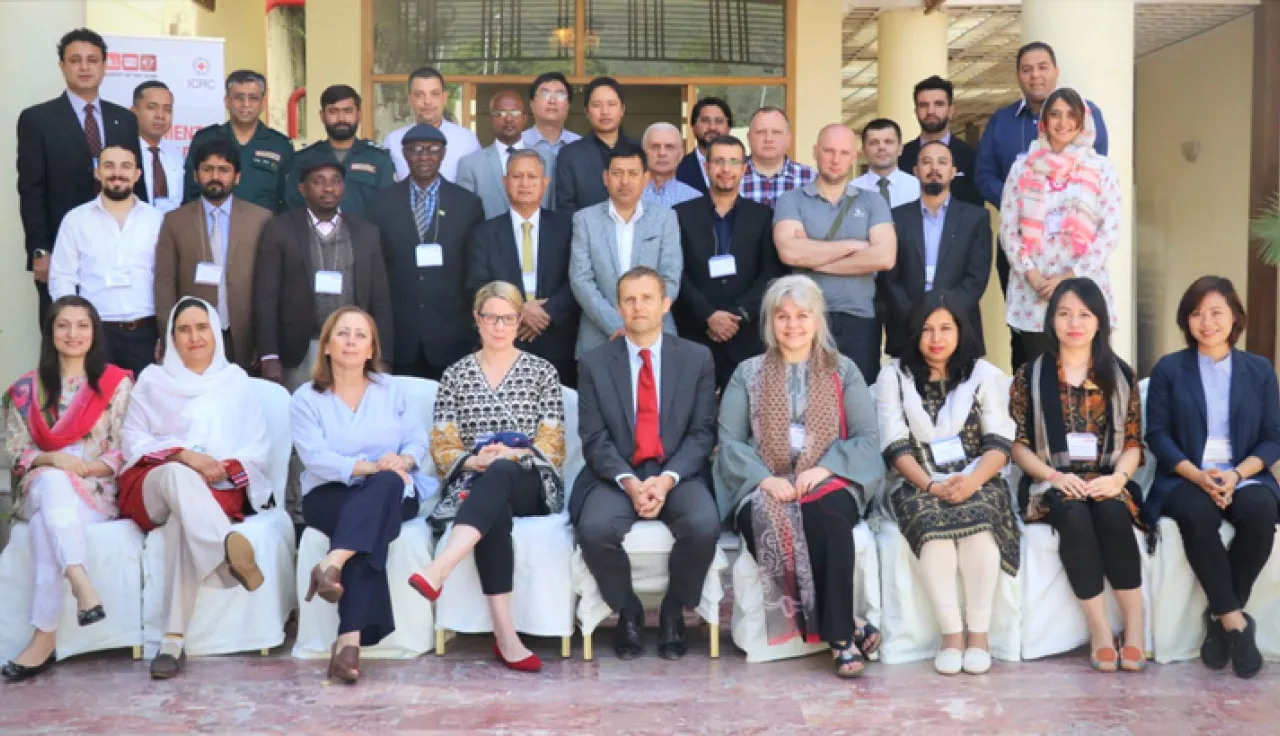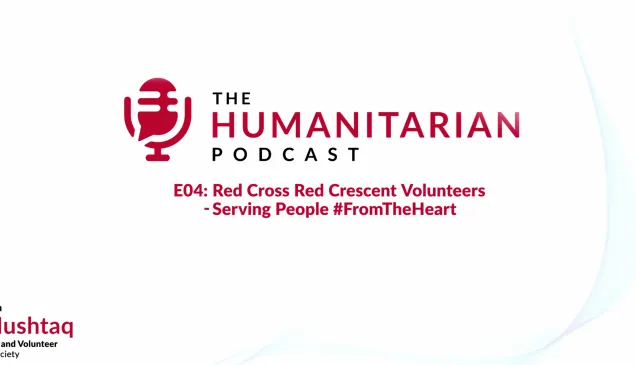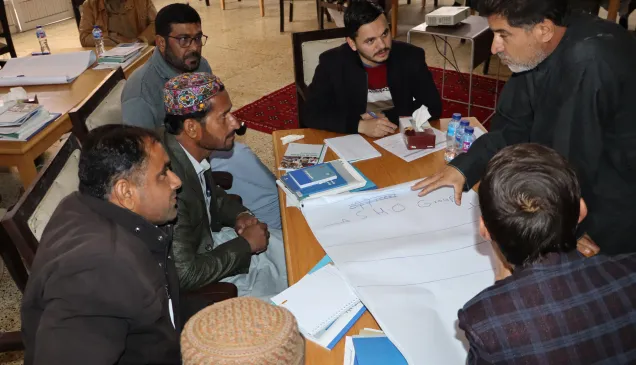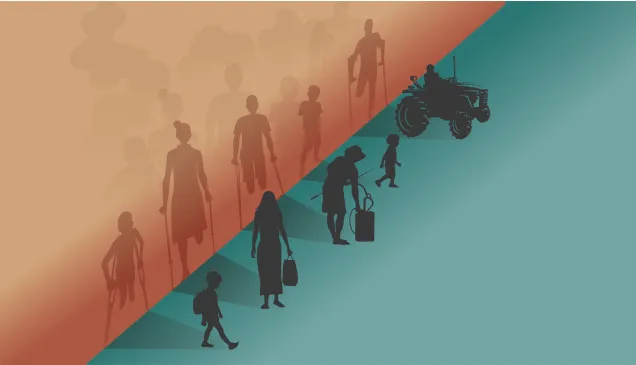Experts strengthen knowledge, resolve to manage dead with dignity

Dignity is a word generally associated with the living. But with the drastic consequences of conflicts and disasters, dignity becomes an integral element of the response and rescue activities. Think of emergency responders dealing with the aftermath of a terrorist attack or a hurricane. With families unaware of what has happened to their loved ones, emergency responders are ethically and procedurally required to follow the highest standards of care and dignity in providing assistance to the living and managing the dead.
"We are human. It is difficult to separate the professional from the personal," states Dr Taha Qasim Ahmed Al-Hayali, the deputy director of the Medico Legal Directorate in Iraq. "I have five sons and all of them live in different countries. They are alive and well, and I can communicate with them. I cannot imagine not knowing the whereabouts of my family. As part of our duty and our humanitarian efforts, we work to reconnect families."
Standardization in processes ensures that in pressing times, data collection is not overlooked. As a step in this direction, the Pakistan delegation of the International Committee of the Red Cross (ICRC) started the International Course on Management of the Dead in 2016 for those who are likely to respond the first in emergency situations.
"This course incorporates practice through hands-on table-top and field exercises, complementing theoretical knowledge gained through presentations," notes Cheryl Katzmarzyk, the ICRC's forensic coordinator for Pakistan. "This platform allows sharing of experience, lessons learnt and exchange of best practices between those responsible for managing the dead worldwide."
As many as 35 participants from 14 countries attended the five-day course in Islamabad from 23 to 27 April 2018. Lectures by seasoned emergency workers allowed participants to gain insight into the different aspects of management of the dead.
Dr Haruna Asura Nggada, a consultant pathologist at the University of Maiduguri Teaching Hospital in Nigeria, supports the importance of this training. "This course is important to us, especially coming from Africa. It has opened our eyes to the need of supporting families in times of crisis. It also gives us, as responders, knowledge on how to approach these tasks and get an oversight of the complex process. There is a need for us to come together as local stakeholders and determine how to holistically approach emergency situations."
In Pakistan, the forensic unit has taken the lead in developing policies for coordinated procedures in emergency and disaster situations to ensure respectful and efficient management of the dead. Collaboration with government agencies and emergency response services has allowed for the development of manuals and procedures. As a result, this year a virtual regional centre of excellence on management of the dead in emergencies is going to be launched to serve as a one-stop solution for emergency workers worldwide.



